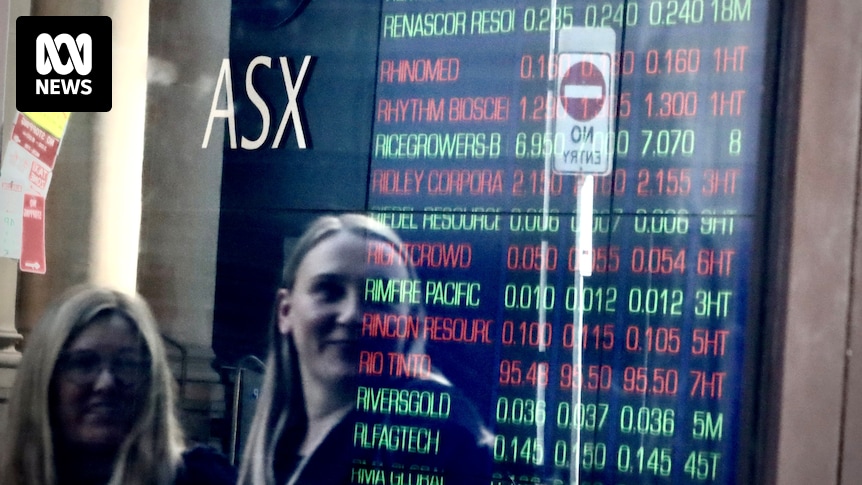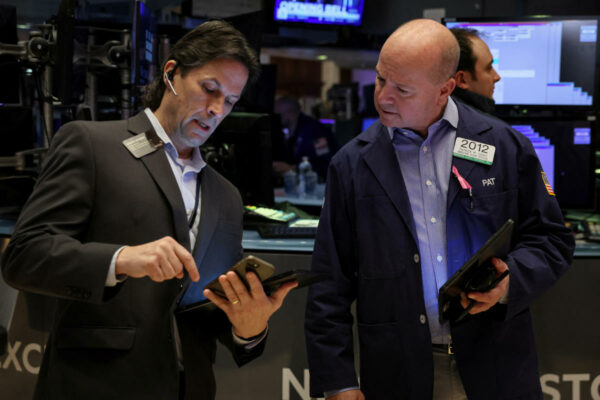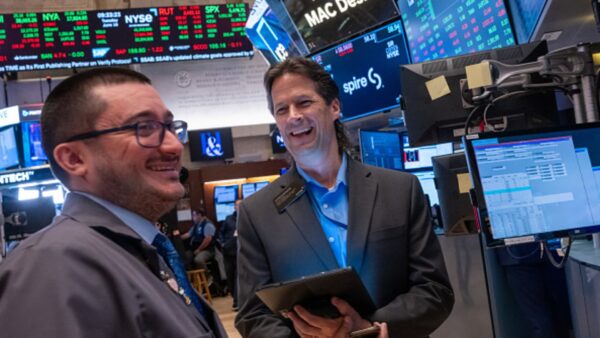ASX snaps two-day losing streak after technology stocks rally, unemployment rate

The Federal Reserve held interest rates steady on Wednesday and pushed out the start of rate cuts to perhaps as late as December, with officials projecting only a single quarter-percentage-point reduction for the year amid rising estimates for what it will take to keep inflation in check.
In a set of projections that likely removes the prospect of a reduction in borrowing costs before the November 5 US presidential election, Fed officials repositioned from expecting three quarter-percentage-point reductions in March to just the one despite an acknowledgement in the US central bank’s new policy statement of “modest further progress” towards its 2% inflation target, an upgrade from its May 1 statement.
Fed Chair Jerome Powell, speaking at a press conference following the end of the two-day policy meeting, said that combination reflected a “conservative” outlook for inflation among policymakers. Even as “more recent monthly readings have eased somewhat,” that is not yet enough to instill “greater confidence” in inflation returning sustainably toward 2%.
“It’s only one reading,” Powell said of a Labor Department report earlier on Wednesday showing the consumer price index eased last month more than expected.
“When we are (more confident), then we can look at loosening policy,” Powell said.
The shift among policymakers also coincided with an increase to 2.8% in the estimated long-run, or “neutral,” rate of interest from 2.6%, which indicates policymakers have concluded the economy needs more restraint to finish the battle against rising prices.
Recent progress has been slow, and Fed officials now project a slightly higher end-of-year inflation rate of 2.6% versus the 2.4% anticipated as of March.
While rate cuts are now seen getting a likely later start and proceeding at a slower pace this year than investors have anticipated, the Fed’s policy rate is seen falling fast next year, with reductions of a full percentage point in both 2025 and 2026.
The Fed’s statement and new Summary of Economic Projections show a central bank wrestling over how to respond to data that many read as pointing to slower inflation — consumer prices did not rise at all in May on a month-over-month basis, according to data released on Wednesday — but also to steady growth and job creation.
This article was originally published by a www.abc.net.au
Read it HERE







